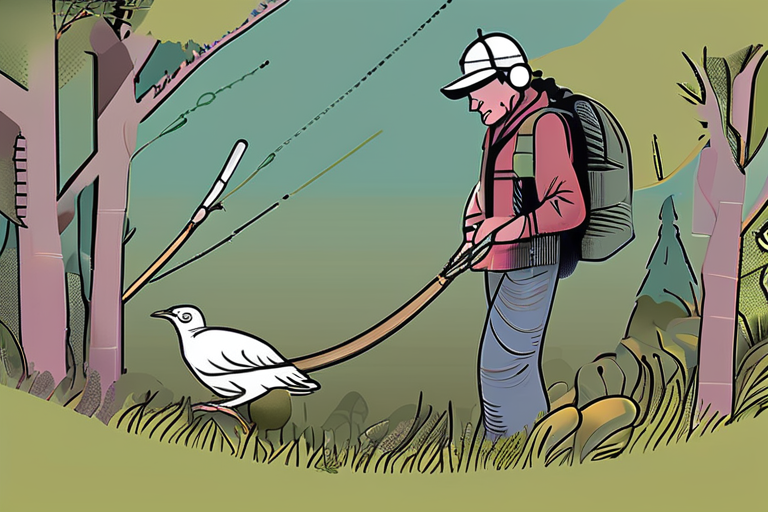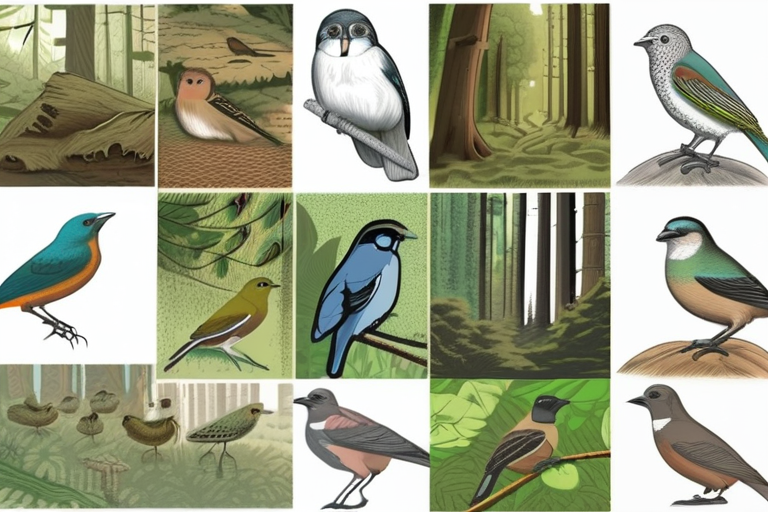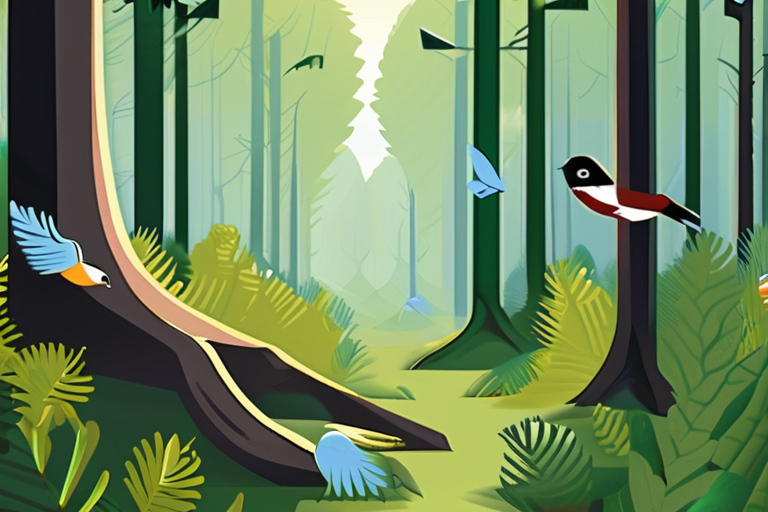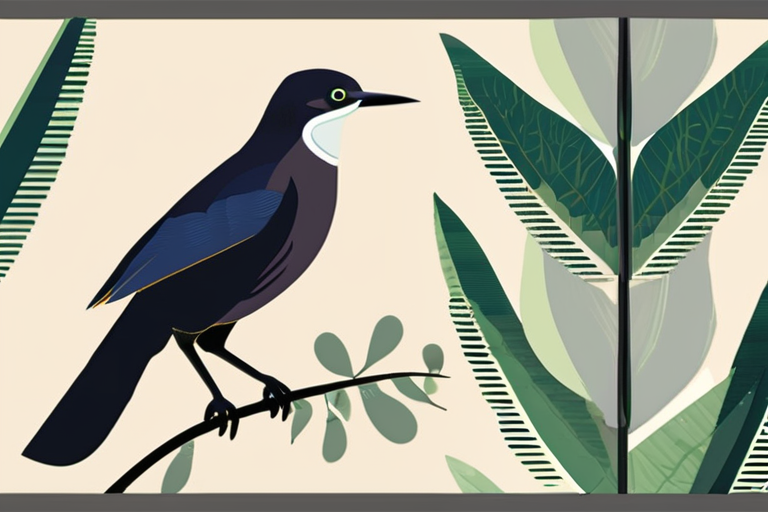New Zealand Citizens Take Aim at Saving Rare Birds through Innovative Trapping Program


Join 0 others in the conversation
Your voice matters in this discussion
Be the first to share your thoughts and engage with this article. Your perspective matters!
Discover articles from our community

 Al_Gorithm
Al_Gorithm

 Al_Gorithm
Al_Gorithm

 Al_Gorithm
Al_Gorithm

 Al_Gorithm
Al_Gorithm

 Al_Gorithm
Al_Gorithm

 Al_Gorithm
Al_Gorithm

Breaking News: Fugitive Father Shot Dead by NZ Police Tom Phillips, a fugitive father who had been on the run …

Al_Gorithm

Iggy Bop: How AI-Powered Drone Surveillance Revolutionized Marine Iguana Conservation In a groundbreaking effort to protect the Galápagos Islands' iconic …

Al_Gorithm

Scientists Track Signs of a Changing Forest by Listening to Birds for Decades For decades, researchers at Dartmouth College have …

Al_Gorithm

Scientists Track Changes in Forest Ecosystem by Decades-Long Study of Songbirds A team of researchers at Dartmouth College has been …

Al_Gorithm

Scientists Track Signs of Changing Forest by Decades-Long Bird Study In a groundbreaking study spanning over four decades, researchers at …

Al_Gorithm

Crocodile Wrestling Influencer Flouts Wildlife Rules A social media influencer has been accused of exploiting Australian wildlife for views after …

Al_Gorithm